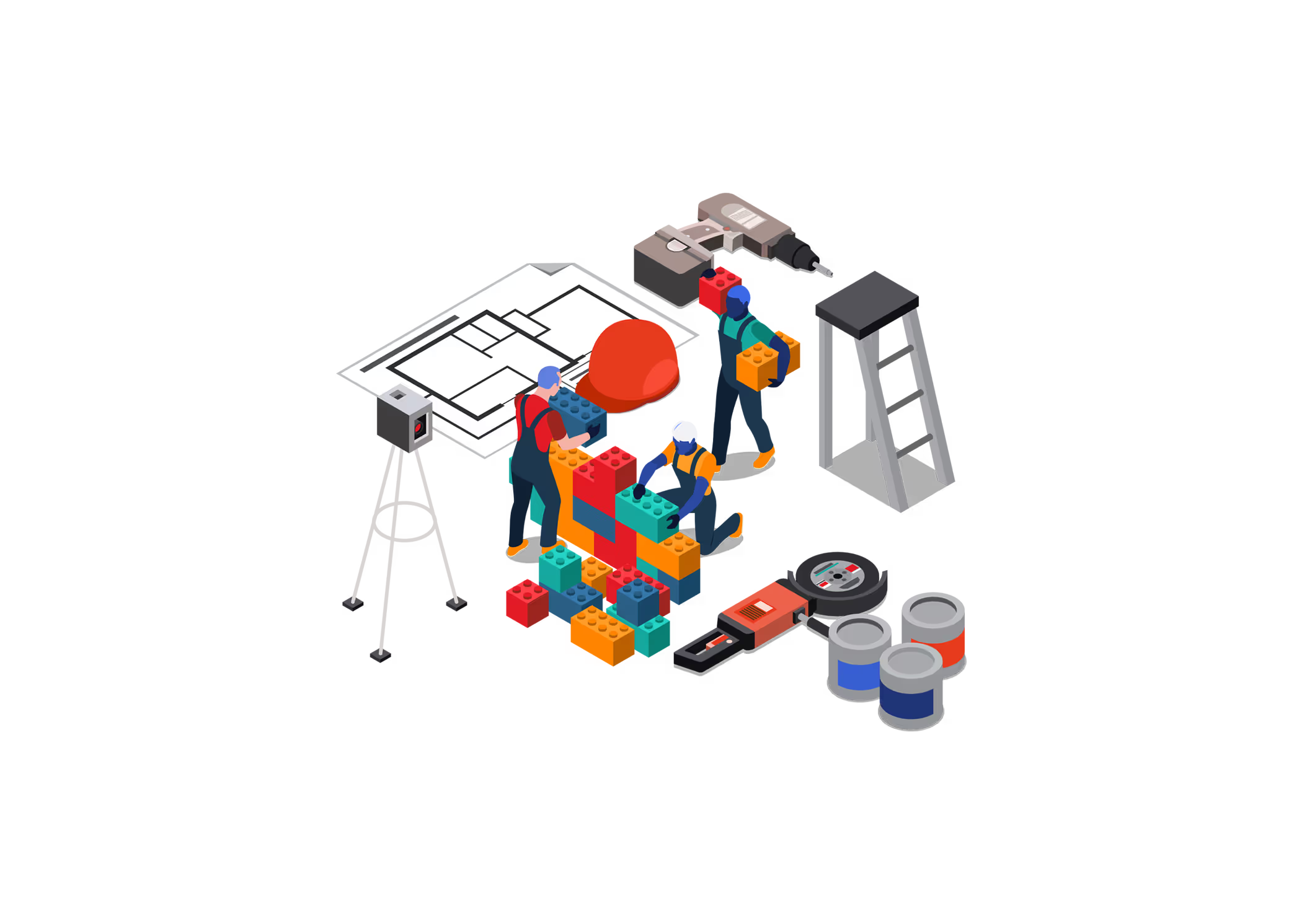
Assessment Types
Skills Assessment
Hire Confidently with
Hard Skills Assessments
From hard skills tests to leadership potential, eSkill's comprehensive skills assessment software solution
helps you find the right candidate for the skillset you need.
helps you find the right candidate for the skillset you need.
Hard Skills Testing
Test The Skills That Matter Most
Whether you're hiring for data analysis, customer service, or mechanical trades, hard skills are the foundation of job success. eSkill's assessment software allows you to customize your skills testing to evaluate real-world competencies that directly relate to job performance and success. Hire longer-lasting talent more efficiently with skills tests that simulate the specific hiring needs, no matter the industry.

With eSkill's Pre Employment Skills Tests, you can assess:
Microsoft Office & Excel:
Measure proficiency in Microsoft Office, Word, and Excel with basic office skills tests, essential for common workplace tools.
Math & Bookkeeping
Evaluate numerical accuracy and financial understanding.
Clerical & Typing Skills
Leverage typing skills tests to measure attention to detail, speed, and accuracy.
Mechanical Aptitude
Identify candidates with hands-on technical knowledge via mechanical skills tests.
Project Management
Assess planning, organization, and task execution capabilities.

Soft Skills Testing
Drive Team Success with Soft Skills Testing
Beyond technical expertise, soft skills determine how well a candidate will fit into your team and contribute to a positive workplace culture. eSkill’s soft skills assessments help you uncover candidates’ strengths in areas like collaboration, problem-solving, and leadership.
Why eSkill
Level Up Your Hiring Process With eSkill's Cognitive Ability Tests
eSkill’s assessments are designed to strengthen your hiring process while ensuring you find the best candidates for every role. No matter what job role you’re hiring for,our platform offers unmatched customization, accuracy, and support.
Customizable Tests
Select from over 800 job-and subject-based pre-employment tests or build customized talent assessments for virtually any role in any industry.
Expert Guidance
Get help from your Dedicated Assessments Specialist to create tailor-made assessments, analyze results, and constantly refine processes to improve your hiring process.
Industry-Best Support
Contact us via chat, email, or phone to get the help you need, when you need it.
Integration Options
Use eSkill hiring assessments inside your existing ATS, LMS and HR systems to simplify your workflows.
Get ademo.
Learn how pre-employment assessments can help you hire better.
Get a demo













